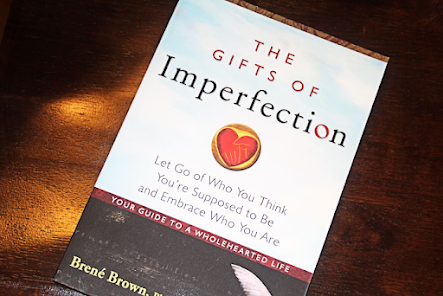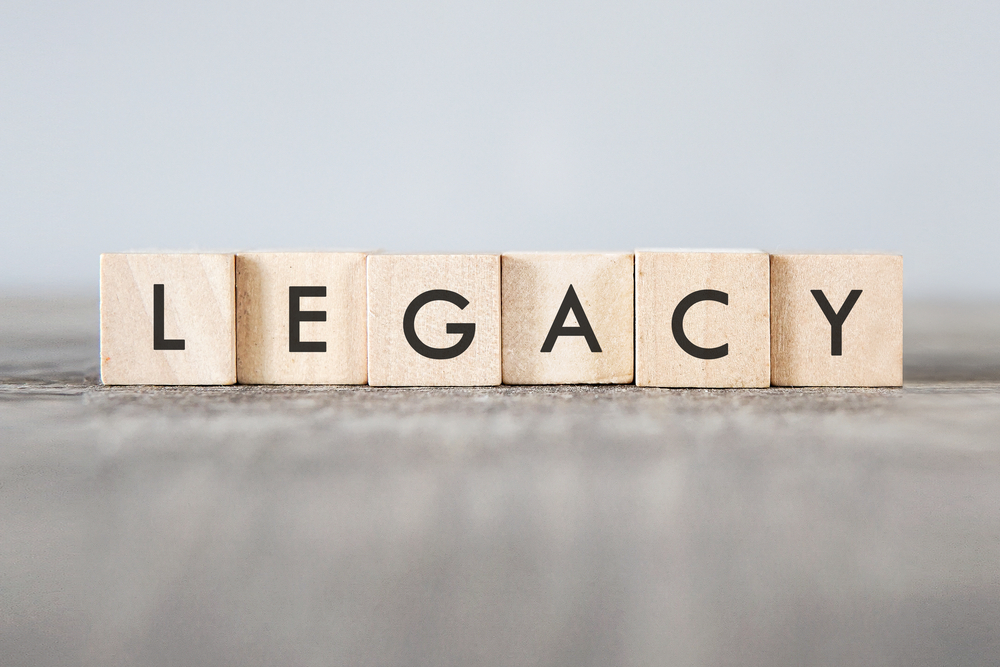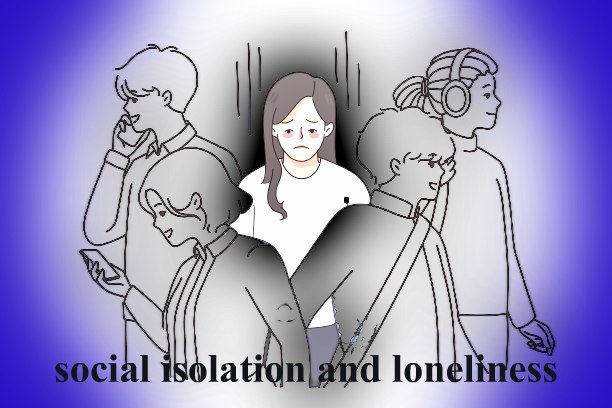The Gifts of Imperfection
Let Go of Who You Think You’re Supposed to Be and Embrace Who You Are.
The Unexpected Gifts of Imperfection
10 Guideposts to Wholehearted Living
“Wholehearted living is about engaging in our lives from a place of worthiness,” Brené Brown writes in Daring Greatly. “It means cultivating the courage, compassion, and connection to wake up in the morning and think, No matter what gets done and how much is left undone, I am enough.”
Each of Brown’s guideposts is a practice in its own right — a chance to develop a skill or a trait that supports living wholeheartedly.
1. Practice Authenticity
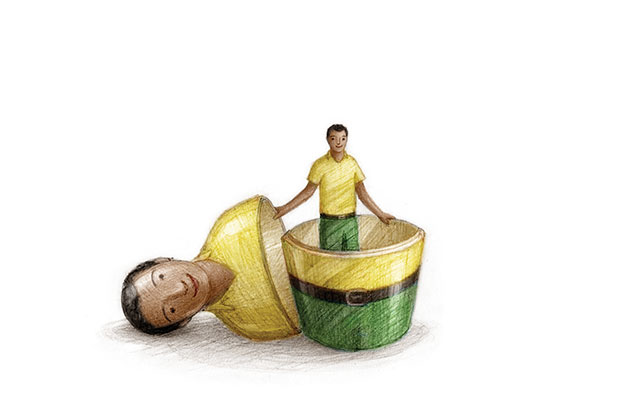
Developing authenticity means “cultivating the courage to be imperfect, to set boundaries, and to allow ourselves to be vulnerable,” Brown writes. This isn’t easy. It’s much easier to succumb to people-pleasing or aggressive posturing when shame strikes.
Still, if you make authenticity your goal — rather than focusing on being liked or getting your way — it means that positive outcomes aren’t dependent on what other people do or don’t do. If you aim for authenticity in your interactions and then stay true to yourself, you win. No matter what.
2. Find Self-Compassion

Brown, who describes herself as “a recovering perfectionist and an aspiring good-enoughist,” views perfectionism as a roadblock to authenticity. It’s fueled by a belief that if we look, say, or do everything perfectly, we won’t suffer shame or the pain of other people’s judgment.
Brown recommends offsetting perfectionism by getting some objective feedback on your current level of self-compassion. One way to do this is to take the assessment at www.self-compassion.org/test-how-self-compassionate-you-are. You’ll rate yourself (from “almost always” to “almost never”) on statements like “I’m disapproving and judgmental about my own flaws and inadequacies” and “I’m kind to myself when I’m experiencing suffering.”
If you’re running low on self-compassion, try Brown’s morning mantra: “Today, I’m going to believe that showing up is enough.”
3. Cultivate Resilience
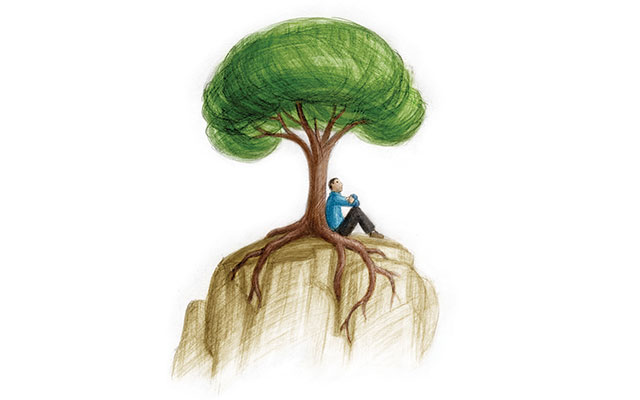
Resilience does not mean enduring hardship stoically. It means experiencing adversity without submitting to hopelessness or numbing tactics that “take the edge off” (like alcohol, shopping, or emotional eating). It’s about consciously checking in when we struggle — instead of checking out.
To cultivate resilience, we need to believe that we are capable of handling our challenges. Brown calls this “agency.” Having agency requires a sensibly hopeful attitude (more “I can do this” than “I deserve this”) along with some healthy critical distance on all the “never good enough” messages our culture delivers.
(For more strategies for cultivating resilience, see “5 Best Ways to Build Resiliency“.)
4. Build Gratitude, Joy, and Sufficiency
Many of the shame-resilient people Brown interviewed said they were able to feel joyful and grateful during times when they weren’t exactly happy.
This is because happiness, while important, depends more on how things are going, while joy is connected to a “good mood of the soul.” Acts of gratitude, meanwhile, help produce that good mood — even amid challenging circumstances.
Practicing gratitude also counteracts our sense of scarcity, the all-too-common feeling that there’s never enough of anything, be it time, money, or love.
Brown recommends aiming for an attitude of “sufficiency.” Abundance can feel unattainable; believing that what we are and what we have is enough can be powerful.
5. Trust Your Intuition and Faith
We live in an uncertain world. We try to protect ourselves by clinging to rigid beliefs, but by doing so we cut ourselves off from the complexity of people and experiences — a high price to pay for security. A better approach, in Brown’s view, is to gradually build your tolerance to the vulnerability that uncertainty produces. In other words, cultivate a stronger faith in your ability to remain open and connected when hard times hit.
“Faith is essential when we decide to live and love with our whole hearts in a world where most of us want assurances before we risk being vulnerable and getting hurt,” Brown writes.
“To say ‘I’m going to engage wholeheartedly in my life’ requires believing without seeing.”
6. Foster Creativity

Practicing creativity is not a privilege reserved for geniuses. When we’re creative in any way — whether it’s cooking a stew or playing Mozart on the piano — we risk failure. We do it anyway, because it’s more satisfying than not taking the risk, and this is very good practice for the rest of our lives.
“When I make creating a priority,” Brown notes, “everything in my life works better.”
To truly cultivate creativity, though, we have to let go of comparison. Comparison is about conformity, Brown explains, and its paradoxical message is to “be just like everyone else, but better.” Embracing creativity without comparison means we can truly enjoy the process without fearing the outcome.
7. Protect Your Play and Rest
Making the choice to rest and play is now counterculture, Brown states. The world is full of messages that equate self-worth with net worth. We preach productivity like it’s some kind of gospel, but aspiring to be a robot is not a wholehearted move.
“Living and loving with our whole hearts requires us to respect our bodies’ need for renewal,” she writes.
If you struggle to find time for rest and play, Brown suggests making a list of the conditions that are in place when everything is going really well in your life. Are you sleeping in on the weekends? Playing Scrabble? Goofing off with your kids or friends? Then treat those practices as sacred, the way you do your other obligations.
8. Don’t Fear Calm and Stillness
Calm people are not anxiety-free; they’re anxiety-aware, Brown explains. “When I think about calm people,” she writes, “I think about people who can bring perspective to complicated situations and feel their feelings without reacting.”
When Brown feels strong emotions rising, she notices that she’s dying to freak out, and then asks herself, Do I have enough information to freak out? Will freaking out help?
9. Pursue Meaningful Work
Brown discovered early in her research that people on a wholehearted journey feel like their work has purpose and meaning — no matter how simple or complicated it is.
She also found that people who have “slash” work identities (lawyer/jewelry maker; editor/banjo builder) create meaningful work by refusing to be defined by one career.
“Squandering our gifts brings distress,” Brown explains, while giving them brings joy.
Developing our talents involves overcoming the gremlins of self-doubt, so she recommends simply writing down what those gremlins have to say. (“They’re like toddlers,” she writes. “If you ignore them, they get louder.”) Then investigate whether their excessive cautions and warnings are really worth heeding.
10. Laugh, Sing, and Dance
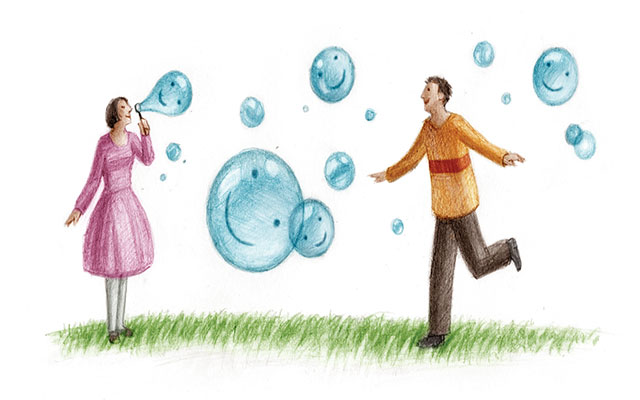
One of the ways we devalue vulnerability, Brown explains, is by “hustling to be perceived as cool and in control.” But when we don’t give ourselves license to laugh or be ridiculous, we become intolerant of others who do. That is a lose-lose situation.
When opportunities for silliness arise, take them. Have dance parties in your kitchen. Sing loud to the radio. Say the wrong thing and laugh at yourself. Brown quotes the wisdom of the classic movie Almost Famous: “The only true currency in this bankrupt world is what you share with someone else when you’re uncool.”
The Myth of Vulnerability
“The perception that vulnerability is weakness is the most widely accepted myth about vulnerability — and the most dangerous. When we spend our lives pushing away and protecting ourselves from feeling vulnerable, or from being perceived as too emotional, we feel contempt when others are less capable or willing to mask feelings, suck it up, and soldier on.
“We’ve come to the point where, rather than respecting and appreciating the courage and daring behind vulnerability, we let our fear and discomfort become judgment and criticism.
“Vulnerability isn’t good or bad: It’s not what we call a dark emotion, nor is it always a light, positive experience. Vulnerability is the core of all emotions and feelings. To feel is to be vulnerable. To believe vulnerability is weakness is to believe that feeling is weakness. To foreclose on our emotional life out of a fear that the costs will be too high is to walk away from the very thing that gives purpose and meaning to living.” — From Daring Greatly

